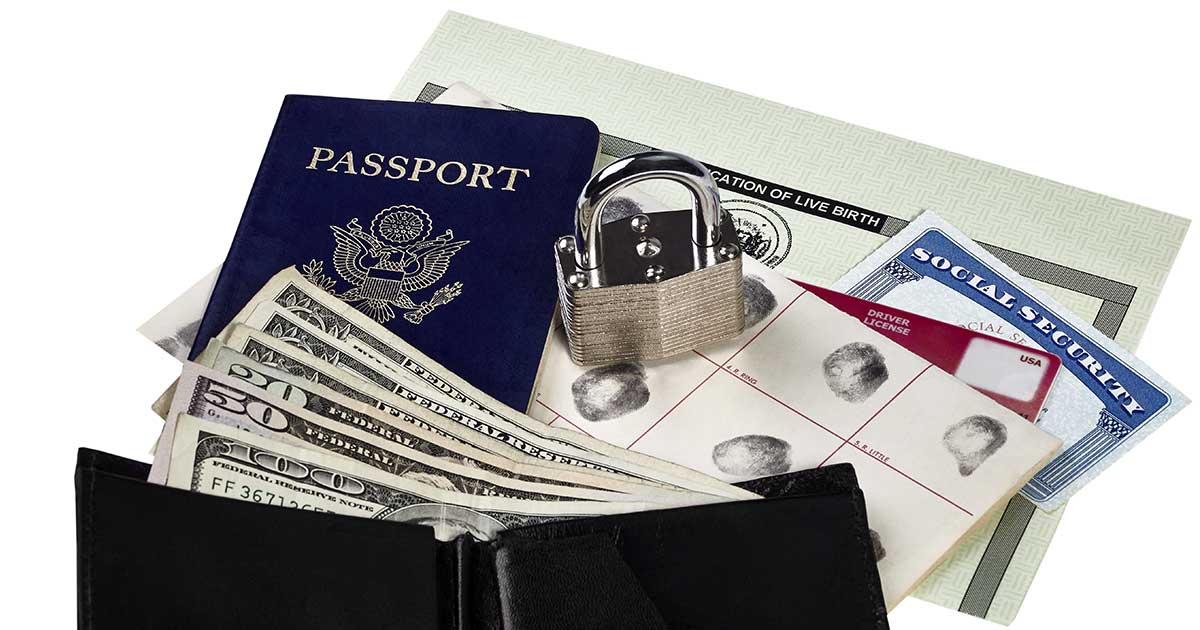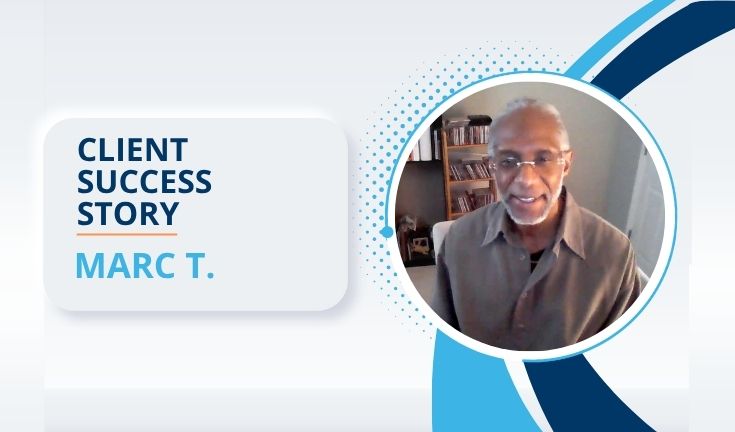Mortgage Prequalification Calculator
It’s always a good idea to get prequalified with a mortgage lender before you start shopping for the home you want. Prequalifying for your loan lets you, your agent, and home sellers know how much house you can afford and shows that you’re a serious buyer. This free home loan prequalification calculator can help you estimate how much you would qualify for on a mortgage.
How to use these results
The pre-qualification you receive from a lender may differ from this estimate based on the lender’s requirements for loan approval. Your lender will also be able to help you understand how taxes and insurance will affect monthly mortgage payments in your local area.
Please keep in mind that this calculator is intended for research purposes only. This does not serve for any official mortgage prequalification and you will need to contact a mortgage lender to prequalify for a home loan.
Mortgage Prequalification Estimate Calculator
Common challenges when trying to qualify for a mortgage
The three most common barriers to homeownership are:
- Low credit score
- Too much pre-existing debt
- Insufficient income
If you get rejected for a mortgage based on any of these three factors, it may feel like all is lost. However, it’s very possible to overcome these challenges, often in less time than you might think.
Overcoming a low credit score
In general, you want the highest credit score possible when applying for a mortgage. That will help you obtain a low interest rate and will save you money over the life of your loan. At a minimum, you usually need a FICO score of 620 to qualify for a traditional fixed-rate mortgage. However, if you are applying for an FHA loan, you can qualify with a much lower score as low as 580. Making a larger down payment can make a mortgage accessible even to someone with a 500 score.
Addressing challenges with too much existing debt
To qualify for a mortgage with most lenders you need a debt-to-income ratio of 41% or less with your new mortgage payments factored in. This means that existing debts like auto loans, credit cards, and student loans can prevent you from getting approved. It’s a good idea to check your DTI before you apply for a mortgage to make sure you won’t get rejected because of too much debt.
Get a free consultation to discuss credit-safe options to reduce credit card debt, so it’s easier to qualify for a mortgage.
What to do if you have insufficient income
Insufficient income can be an issue for two reasons: interfering with debt-to-income ratios and the ability to make a downpayment or close on a home.
If your income is low, you have a lower threshold to meet the debt-to-income ratio needed to qualify for a home loan. Reducing debt is the most common way to fix a too-high DTI. Eliminating credit card bills and other obligations will free up money in your budget to cover mortgage payments.
Having insufficient income also makes it challenging to generate the money needed for down payment and closing costs. Ironically, not having the cash available makes it even more expensive to buy a home. If you put less than 20% down on a mortgage, your mortgage lender will require you to pay Private Mortgage Insurance (PMI) each month, a special type of insurance lenders apply when your loan-to-value ratio is less than 80%. Once you pay off 20% of your home’s value you will no longer need to pay PMI and monthly payments will be reduced.
Fortunately, there are programs that make it easier to generate the funds need to cover the upfront costs of buying a home, like First Time Homeowners Assistance. FHA loans have lower down payment requirements, sometimes as low as 3.5%. There are also programs specifically designed to help first-time homebuyers cover down payment and closing cost assistance programs.
Advice for First-Time Homebuyers
If this is your first time buying a home, one of the first steps to take when trying to buy a home is to take a HUD-approved homebuyer course. Upon completing the course, you’ll receive a certificate that qualifies you for first-time homebuyer assistance programs in your local area.
If you are local in Southeast Florida, Consolidated Credit provides free homebuyer workshops throughout the year. We also offer the course online if you aren’t local or you prefer to take the course at home in your own time.






